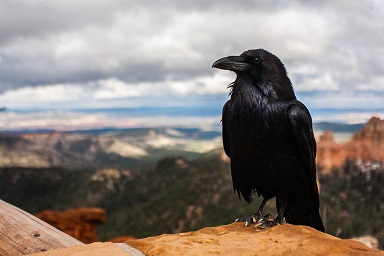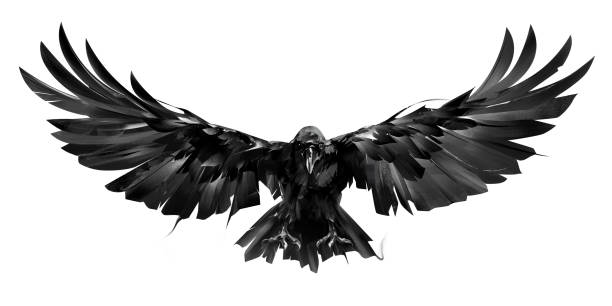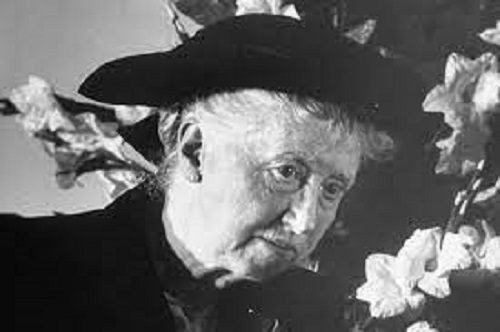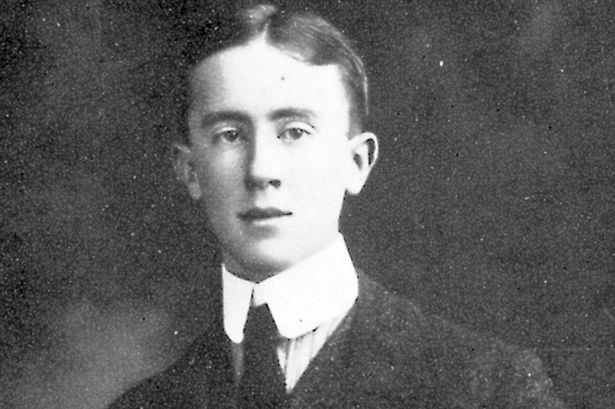
Last Night as I Was Sleeping
Last night as I was sleeping,
I dreamt—marvelous error!—
that a spring was breaking
out in my heart.
I said: Along which secret aqueduct,
Oh water, are you coming to me,
water of a new life
that I have never drunk?
Last night as I was sleeping,
I dreamt—marvelous error!—
that I had a beehive
here inside my heart.
And the golden bees
were making white combs
and sweet honey
from my old failures.
Last night as I was sleeping,
I dreamt—marvelous error!—
that a fiery sun was giving
light inside my heart.
It was fiery because I felt
warmth as from a hearth,
and sun because it gave light
and brought tears to my eyes.
Last night as I slept,
I dreamt—marvelous error!—
that it was God I had
here inside my heart
Antonio Machado
Born: 26 July 1875, Seville, Spain
Nationality: Spanish
Died: 22 February 1939, Collioure, France
Machado was a poet and one of the leading figures of the Spanish literary movement Generation of ’98. His early modernist work evolved into an intimate form of symbolism with a romantic characteristic. Machado’s style engaged with humanity with a Taoist contemplation of existence































